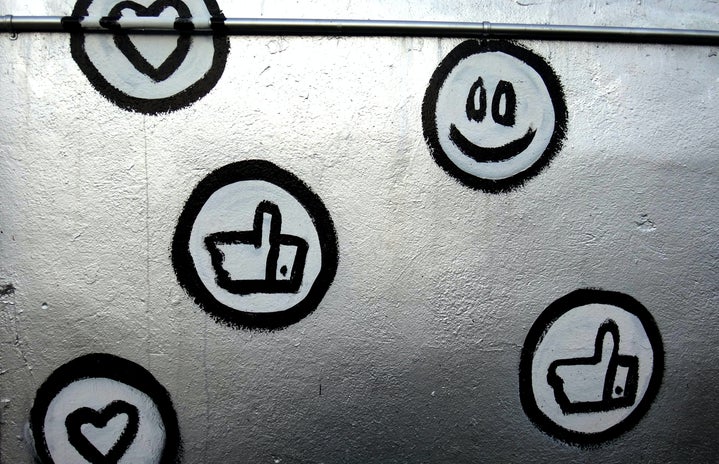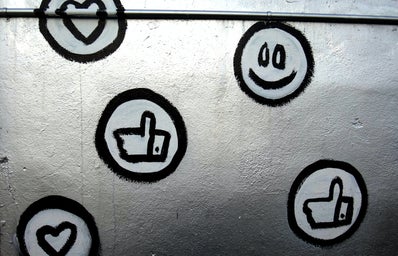Older generations seem obsessed with pointing out how our generation is becoming too dependent on technology. They claim it shallows our communication, contributes to ignorance and short attention span and worst of all, that it makes us self-obsessed. In fact, our generation has often been nick-named “The Selfie Generation” due to the fact that old-timers claim we are egocentric and because we post pictures of ourselves.
But the thing is, we’re not the first people who enjoy pictures of ourselves. I was hunting through my old family photos and found multiple pictures of my parents from the ’80s where they are holding the camera up to try and get a picture of themselves. If they had smartphones back then, I’m sure they would’ve used those. Centuries ago, royalty would hire artists to paint portraits in the way they desired. Nowadays the luxury of obtaining an image of yourself the way you want to be seen is not exclusive to the rich and aristocratic.
Selfies are a way to express yourself. By portraying yourself in a way that you like — whether it be funny or sassy or flirty or cute — you are able to be creative and share it with your friends. Just because the medium has changed from portraits to Polaroid pictures to Instagram posts doesn’t make the means of expression any less valid.
There is a common misconception that social media prevents people from socializing. From your mom complaining about how all you’re doing is looking at your phone during an awkward family party to your professor ranting about how you’re going to miss meeting the love of your life because you’re glued to your Facebook account, we’ve all heard the arguments against it. The reason people use their phones as a crutch, however, is the same reason that their parents used books and newspapers. People who don’t want to interact and perhaps would prefer some alone time are going to do that instead. Maybe instead of making awkward conversation with a stranger on the bus who won’t stop talking about how much he can lift, you’re using your phone to Facebook message your best friend who lives in another state. This is not to say you should be glued to your phone 24/7. There is a time and place for everything, but unlike what the older generations assume, the majority of us know when it is appropriate to pull out our phones and when it is not.
One of the main things the older generations seem to forget when slandering social media is the “social” part. They claim that our interactions are dulled because they take place over a screen. I’m sure I’m not alone in saying I have family and friends all over the world. Social media allows people to connect with others they would not normally be able to interact with. I can share a funny YouTube video with my cousin in Europe who I haven’t seen in two years. Additionally, social media provides an easy way to communicate with larger groups of people, where it be for business or for pleasure. A group chat for an organization allows members to discuss things of importance if their schedules do not allow for a face-to-face meeting. And even a group message amongst friends enables casual conversation when there’s simply no way to meet in person.
Another criticism of social media is that it inhibits our generation from learning new information or keeping up with current events. But how often have you heard about a breaking news story from Facebook? How often have you clicked on an article about something you were interested in, in hopes of learning more? Sure, we might spend hours debating the color of a dress, but we also post about social justice and bring awareness to events, such as excessive police brutality and institutional racism (seen in Ferguson and the Eric Garner case, where the hashtags #BlackLivesMatter and #WeCantBreathe sparked national attention) and LBGTQA+ rights (such as the suicide of transgender teenager Leelah Acron, which spread via Twitter and Tumblr using the hashtag #hernamewasLeelah). Just because the information comes from online news sources doesn’t make it any less important.
Social media is to our generation what bellbottom jeans, records and discos were to our parents and what poodle skirts, soda shops and sock hops were to our grandparents. It’s a special thing that we are allowed to enjoy and appreciate, and no one can take it away from us.
Photo credit: www.livescience.com

